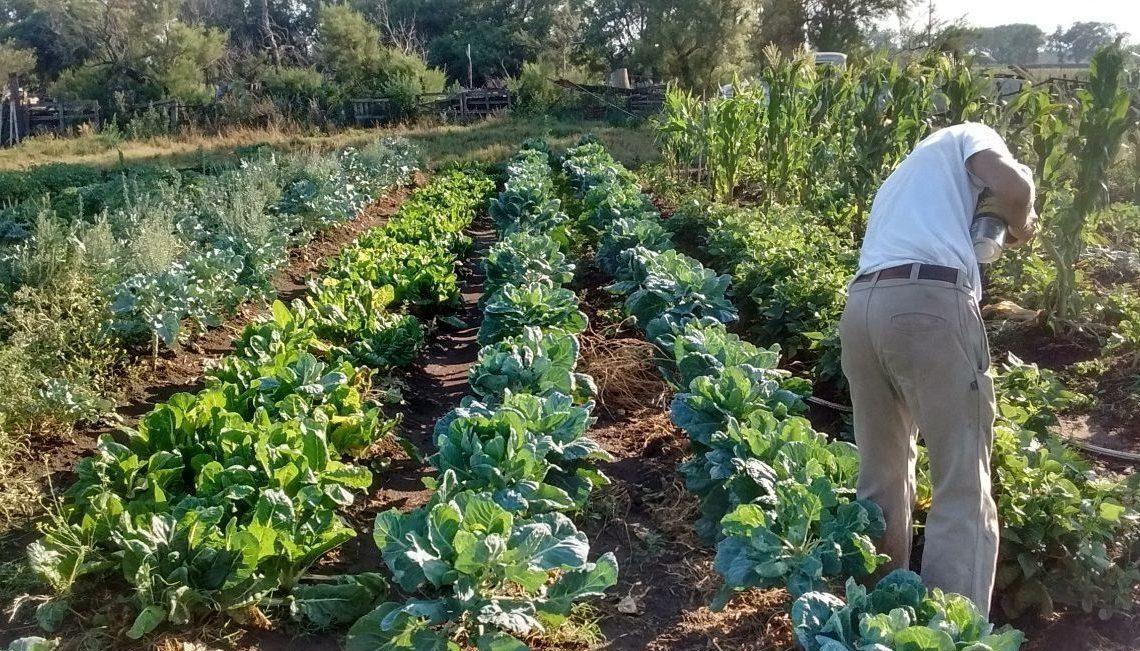
[translation] We can produce food differently and agroecology is demonstrating this by redesigning food systems and adapting them to local contexts. The result was reflected in the so-called 10 elements of agroecology, which were internationally endorsed as a framework for bridging the normative and operational dimensions to lead farmers towards sustainability.
At FAO (the Food and Agriculture Organization of the U.N.) we support member countries in scaling up agroecological approaches and for this reason we developed, in collaboration with many actors, a tool called Tape (Tool for Agroecology Performance Evaluation), which allows a diagnosis of systems linking productive, social, economic, environmental, cultural and political aspects.
The tool has a simple design and requires minimal training to collect field data in different countries and contexts. In addition, it uses free and open source software, which is also functional offline, and can be easily translated into different languages. Tape applications were carried out in Argentina, both in the horticultural periurban area of Cordoba and in the Rosario Metropolitan Area. These exercises provide evidence of the multiple contributions of agroecology in different contexts.
From the urban context, the city of Rosario is an important reference in sustainable food production based on agroecological production, which has been extended to the green belt and today reaches 40 hectares distributed in 7 Huertas Huertas Parks and 8 Huertas Productivas Grupales, in addition to hospital, school and therapeutic gardens. It includes more than 300 gardeners who market directly to consumers and produce about 2,500 tons of vegetables per year.
Today, farmers in general are faced with increasing production costs, and some use high doses of agrochemicals that can have a negative impact on natural resources and the health of ecosystems and the population. In addition, in the last 20 years Argentina has lost 100,000 farmers, aggravating the rural-urban migration crisis with difficulties of reinsertion in new activities and contexts. In this scenario, agroecology proposes low-cost, local and sustainable solutions, because it promotes the efficient use of the farm's own resources; the recycling of water, nutrients, biomass and energy; the increase of agrobiodiversity and the sustainable management of natural resources.
Aware of this, the Ministry of Agriculture, Livestock and Fisheries (MAGyP) implemented a National Agroecology Directorate (DNA) within the Secretariat of Food, Bioeconomy and Regional Development, which promotes this paradigm of production and consumption based on a systemic and holistic approach. In June 2021, a bill for the Promotion of Agroecology was submitted to Congress to achieve two objectives: food sovereignty and environmental care.
Along the same lines, the Ministry of Agrarian Development of Buenos Aires launched a Provincial Program for the Promotion of Agroecology as a strategy to stimulate local economies, repopulate rural areas, ensure local production of nutritious food, decent rural employment and reduce the environmental impact of production systems.
There are already 60 municipalities throughout the country committed to the proposal of promoting agroecology, generating markets, fairs and knowledge exchange meetings.
Today's challenges require systemic responses and reconciling the economic, environmental and social dimensions. Agroecology can give us that opportunity to generate a necessary and urgent conversation about transformation.
The post Agroecology: An Opportunity for Integral Transformation appeared first on Vía Orgánica.
